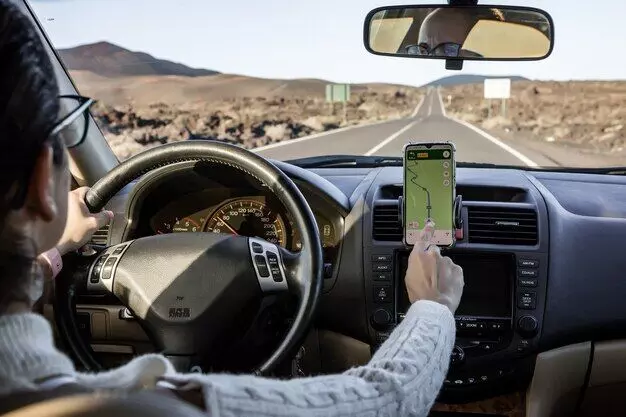TRENDING TAGS :
The Dark Side of Connected Cars: How Technology Can Become a Weapon
A New York Times investigation reveals a disturbing trend where car tracking and control apps are weaponized by abusive partners.
The Dark Side of Connected Cars: How Technology Can Become a Weapon
In the realm of modern vehicles, our cars have transformed into more than just modes of transportation. They are now equipped with advanced technologies, turning them into smart, connected entities on wheels. However, a recent investigation by The New York Times sheds light on a disturbing misuse of these advancements: abusive partners weaponizing car tracking and control apps.
The Unsettling Reality:
For Christine Dowdall, escaping an abusive relationship was already a harrowing journey. After filing a domestic abuse report and seeking refuge at her daughter's house, little did she know that her car, a Mercedes-Benz C300, would become a tool of surveillance. Her husband, a DEA agent, used the "mbrace" location-based service, part of the "Mercedes me" suite, to remotely track her movements. Despite efforts to sever digital ties, Dowdall found herself powerless against the interconnected system.
Cars: More Than Just Vehicles:
Modern vehicles have earned the moniker "smartphones with wheels" due to their internet connectivity and data collection capabilities. From cameras to seat weight sensors, cars silently amass a treasure trove of personal information. Most drivers remain unaware of the extent of data collection and, more importantly, who can access it. Privacy researcher Jen Caltrider highlights the discrepancy, noting that people assume their cars offer a private space, unlike computers where you can physically cover the camera.
The Promise of Convenience Turned Malevolent:
Connected car apps have introduced convenience features that, in the wrong hands, become tools of harassment. Owners can remotely locate their cars, lock or unlock them, and even control climate settings. These capabilities, intended for ease, are being exploited in abusive relationships. Victims find themselves at the mercy of not just their abusers but also the car manufacturers who, in many cases, have been slow to respond to pleas for help.
Privacy Concerns in the Auto Industry:
Privacy advocates express deep concerns about how car companies handle and share consumer data, especially with entities like insurance companies. California's privacy regulator is actively investigating the auto industry's data practices. With cars increasingly resembling connected devices, the inability to disable data collection raises significant privacy issues.
A Cry for Help Unanswered:
Detective Kelly Downey, involved in investigating cases of stalking via connected car apps, faced immense challenges in seeking assistance from car manufacturers. Dowdall's case, where Mercedes refused to sever digital ties despite a restraining order, is not an isolated incident. Victims, even with legal standing, struggle against the inertia of car companies unwilling to intervene.
The Urgent Need for Safeguards:
As we navigate the era of connected cars, it's crucial to address the potential misuse of technology. Beyond the convenience these advancements offer, manufacturers must prioritize the safety and privacy of their users. Domestic violence experts emphasize the urgent need for carmakers to actively assist victims and implement safeguards against abuse.



